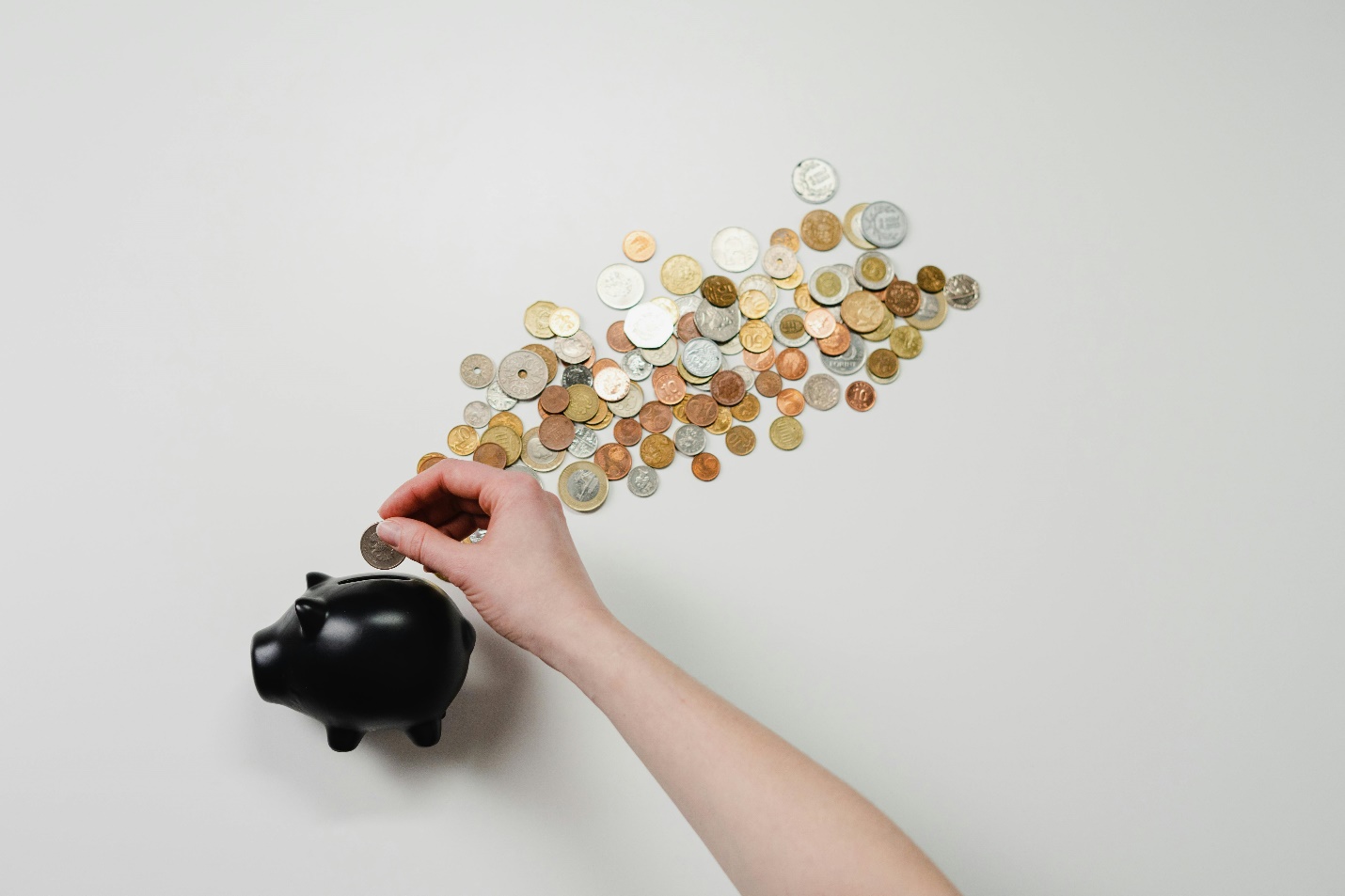Paying high-interest debt may be a tiring feat for someone. For the fact, with the right approach, one can gradually reduce it and ultimately eliminate it over time. High-interest debt, like credit card balances or payday loans, tends to grow fast from compounded interest. Therefore, taking quick action is very important in controlling one's finances once again. This article entails a strategic blueprint toward the reduction of your exorbitant interest credits.
Understand Your Debt
To begin with, it's important to comprehend your debts completely. Note the outstanding balance, interest rates, minimum payments, and when they are due. This gives you a full picture of what you need to handle and how to prioritize them effectively. Normally, high-interest debt should come first, as it costs much over time.
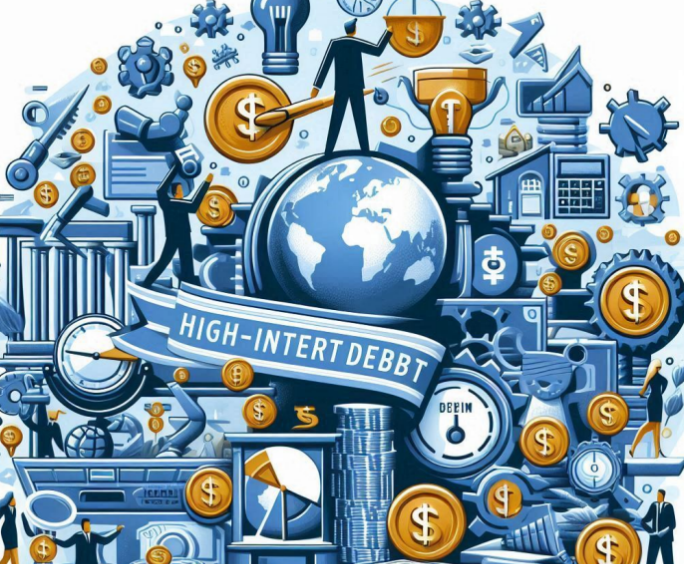
Choose a Repayment Strategy
There are two basic ways, one may start debt elimination:
- Debt Avalanche
This strategy follows the approach of eliminating the most expensive debts first-that is, those with the highest interest rate. One must pay the minimum due on all the rest of their debts, but if they have any remaining money for debt repayment, they would contribute it toward the one with the highest interest. Over time, this approach is the least expensive because it lowers the overall amount of interest paid.
- Debt Snowball
The main priority of this technique is to focus on paying off the smallest debts first. To gain momentum, roll over a payment into the smallest one after paying off a debt. While not necessarily saving you the most on interest, this approach does provide psychological wins, which more often than not motivate one to continue.

Consolidate or Refinance
If you have multiple high-interest debts, consolidate them into one lower-interest loan. Debt consolidation loans and/or balance transfer credit cards may enable one to combine all their debts into a single, more manageable payment at a reduced interest rate. The best case for this option is if one can qualify for a lower rate and not accrue more debt afterwards.
Increase Income or Cut Expenses
Accelerate this process, freeing up more cash. Cut unnecessary expenses, like subscription services or dining out; increase your income by taking on a side gig or selling stuff you no longer need. The more extra money you throw at your debt, the less in interest you pay and the faster it goes.
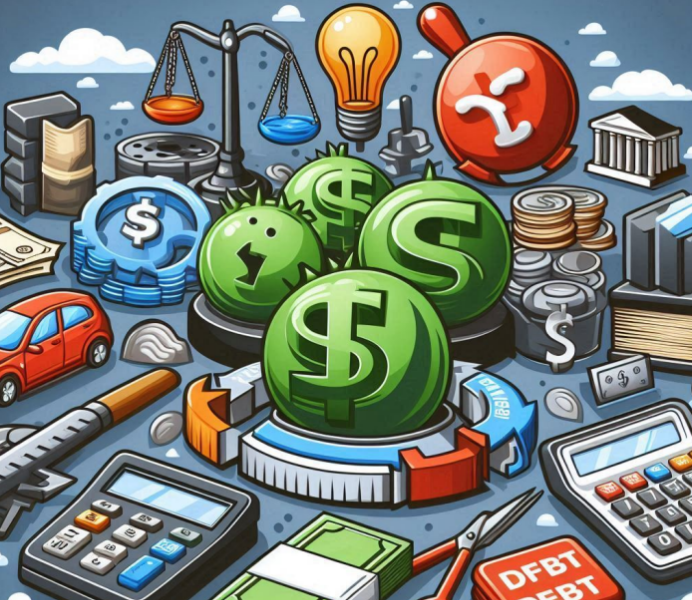
Commitment and Support
Paying off high-interest debt requires discipline and patience. It's also highly recommended that one charts the progress regularly. And in cases where success is not realized, one seeks out financial professional aid. These people are capable of designing a debt repayment strategy that is especially suited to your objectives.
Summing Up
An individual would be well on their way to paying off high-interest debt, lowering financial stress, and improving overall financial well-being. That too, only if they demonstrate constant effort, paired with focused orientation toward their goals and such is continuously maintained. Huge debts can overwhelm people, and thus needs hasten elimination.

Cashless Society: How Digital Payment Systems Are Changing Spending Habits
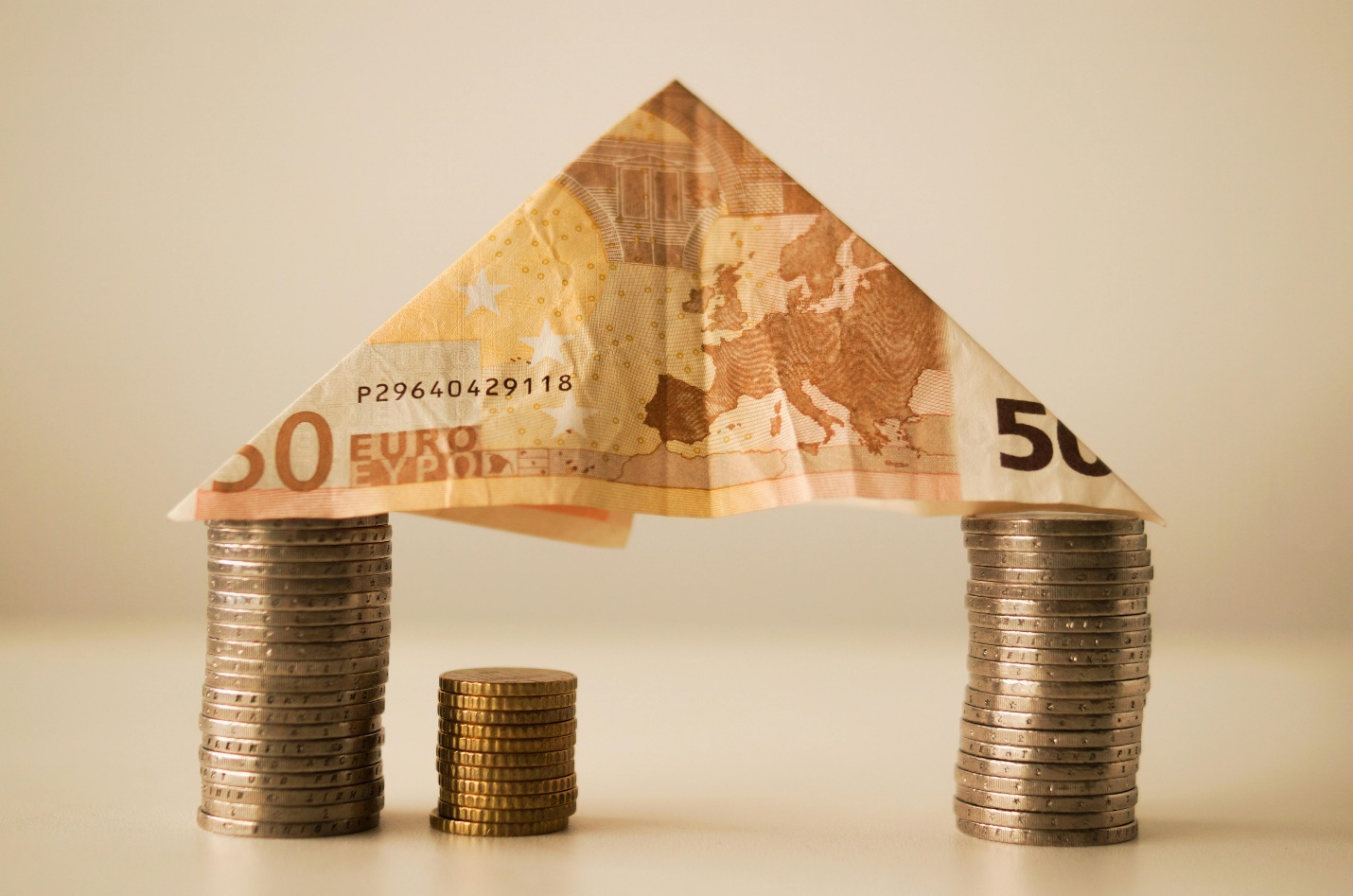
Innovative Crowdfunding: Transforming Dreams into Reality Without Breaking the Bank

Insurance Innovation: Exploring Microinsurance for Millennials
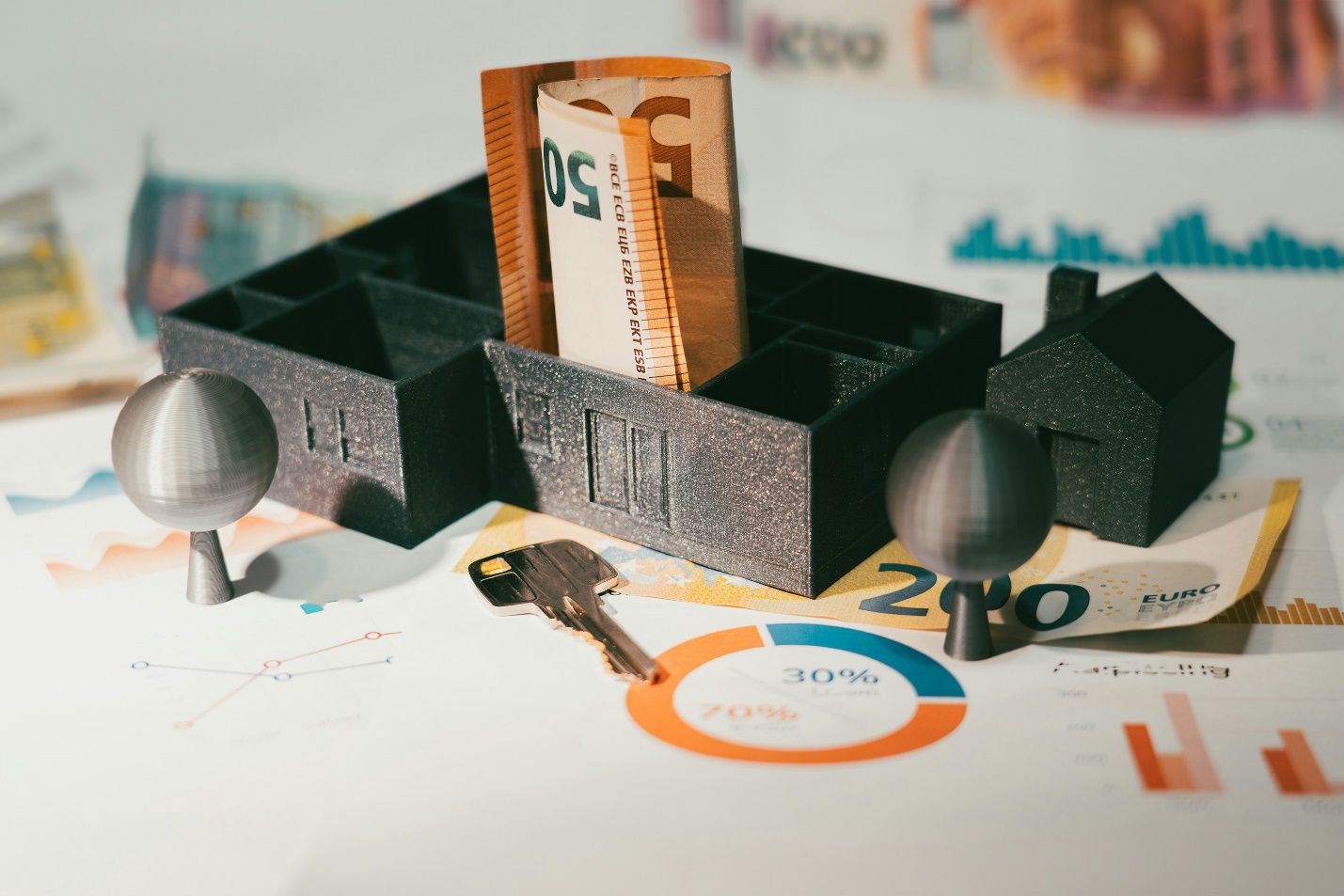
How to Navigate Medical Expenses Without Derailing Your Financial Plan

How to Steer Clear of Typical Mistakes When Purchasing Your First Home

Personal Finance: The Guide to Maximizing Your Money

Analyzing Financial Statements
